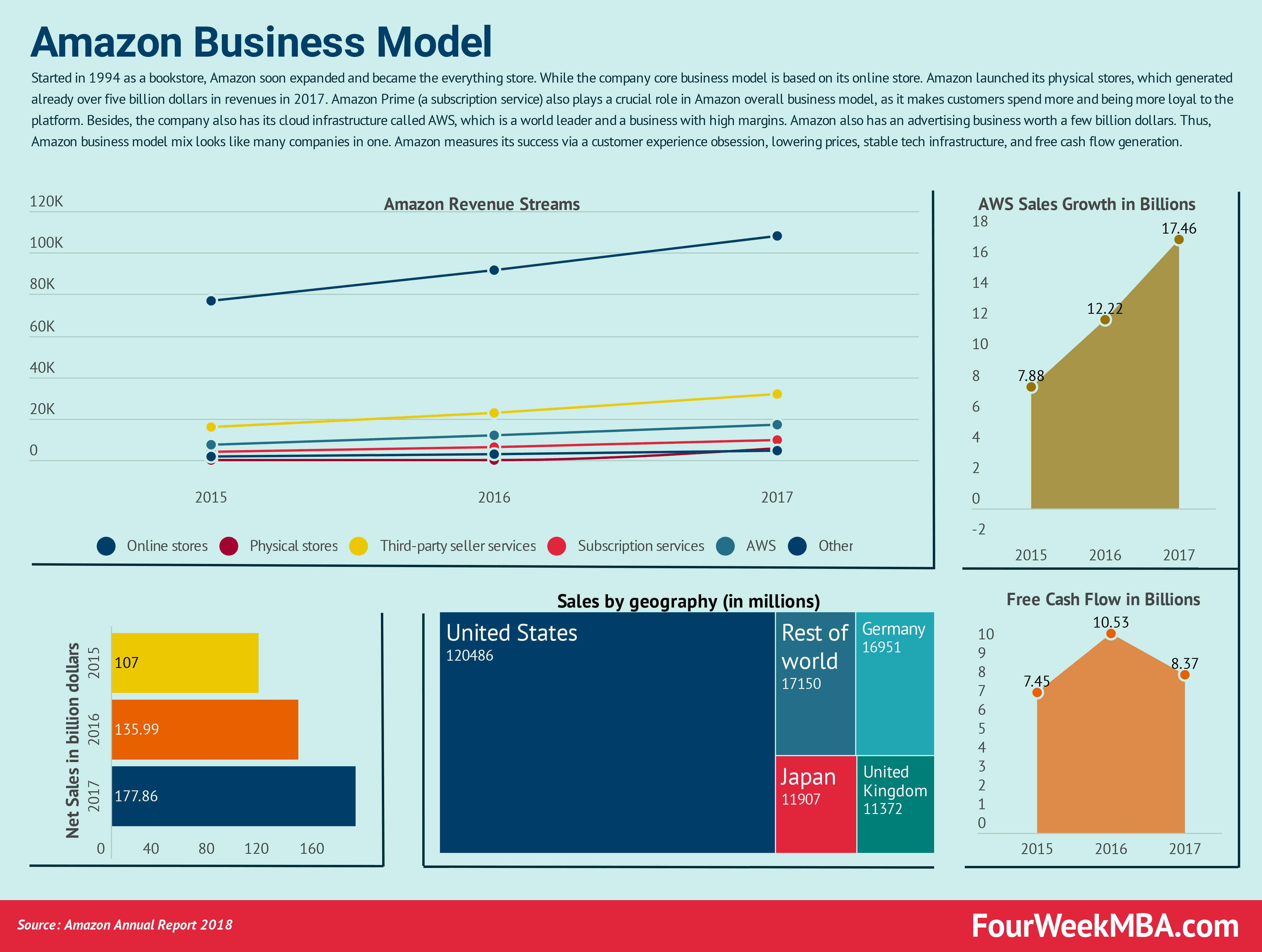
Contents
- 1 The Power of Social Media Marketing for Small Business
- 1.1 Identify Your Target Audience
- 1.2 Set Clear Goals and Objectives
- 1.3 Create Compelling and Engaging Content
- 1.4 Choose the Right Social Media Platforms
- 1.5 Optimize Your Profiles and Pages
- 1.6 Engage with Your Audience
- 1.7 Use Hashtags Strategically
- 1.8 Monitor and Analyze Your Performance
- 1.9 Stay Up-to-Date with Trends and Changes
- 2 Conclusion
The Power of Social Media Marketing for Small Business
In today’s digital age, social media has become an indispensable tool for small businesses to connect with their target audience, build brand awareness, and drive sales. With billions of active users on various social media platforms, it offers an unparalleled opportunity to reach a wide audience and establish a strong online presence. However, without a well-defined social media marketing strategy, it can be challenging to stand out from the competition and achieve your business goals.
Identify Your Target Audience
The first step in creating an effective social media marketing strategy is to identify your target audience. By understanding the demographics, interests, and preferences of your ideal customers, you can tailor your content to resonate with them and drive engagement. Conduct market research, analyze your existing customer base, and use social media analytics tools to gather insights about your target audience.
Set Clear Goals and Objectives
Before diving into social media marketing, it’s essential to set clear goals and objectives. Do you want to increase brand awareness, drive website traffic, generate leads, or boost sales? Setting specific, measurable, achievable, relevant, and time-bound (SMART) goals will help you track your progress and assess the effectiveness of your social media efforts.
Create Compelling and Engaging Content
One of the keys to success in social media marketing is creating compelling and engaging content. Whether it’s entertaining videos, informative blog posts, or visually appealing images, your content should capture the attention of your target audience and provide value. Use storytelling techniques, incorporate eye-catching visuals, and encourage user-generated content to foster engagement and build a loyal community.
Choose the Right Social Media Platforms
While it may be tempting to have a presence on every social media platform, it’s more effective to focus on the ones that align with your target audience and business objectives. Research the demographics, user behavior, and advertising options of different platforms to identify the most suitable ones for your small business. Whether it’s Facebook, Instagram, Twitter, LinkedIn, or YouTube, choose the platforms that will yield the highest return on investment.
Optimize Your Profiles and Pages
When it comes to social media marketing, first impressions matter. Optimize your profiles and pages to make a strong impact on your target audience. Use high-quality, on-brand visuals for your profile picture and cover photo, write a compelling bio that reflects your brand’s personality, and include a link to your website. Consistency in branding and messaging across all your social media platforms will help strengthen your online presence.
Engage with Your Audience
Social media is all about building relationships and fostering conversations. Engage with your audience by responding to comments, messages, and mentions promptly. Show genuine interest in their opinions, answer their questions, and thank them for their support. By actively engaging with your audience, you can establish trust, enhance customer loyalty, and turn them into brand advocates.
Hashtags are a powerful tool to increase the visibility of your social media posts and reach a broader audience. Research relevant hashtags that are popular within your industry and incorporate them into your content. However, avoid using too many hashtags in a single post, as it can make your content appear spammy. Use hashtags strategically to categorize your content, join relevant conversations, and connect with like-minded individuals.
Monitor and Analyze Your Performance
Regularly monitor and analyze the performance of your social media marketing efforts to identify what’s working and what’s not. Utilize the analytics tools provided by each platform to track key metrics such as reach, engagement, click-through rates, and conversions. This data will provide valuable insights into your audience’s preferences, help you refine your strategy, and optimize your future social media campaigns.
Stay Up-to-Date with Trends and Changes
Social media platforms are constantly evolving, with new features, algorithms, and trends emerging regularly. Stay up-to-date with the latest industry news, algorithm changes, and best practices to ensure that your social media marketing strategy remains effective. Experiment with new formats, stay agile, and adapt your approach to leverage the latest trends and developments.
Conclusion
A well-executed social media marketing strategy can be a game-changer for small businesses. By identifying your target audience, setting clear goals, creating compelling content, and engaging with your audience, you can boost your online presence, drive traffic, and achieve success in the digital landscape. Stay consistent, adapt to changes, and continuously refine your strategy to stay ahead of the competition and harness the full potential of social media marketing.





